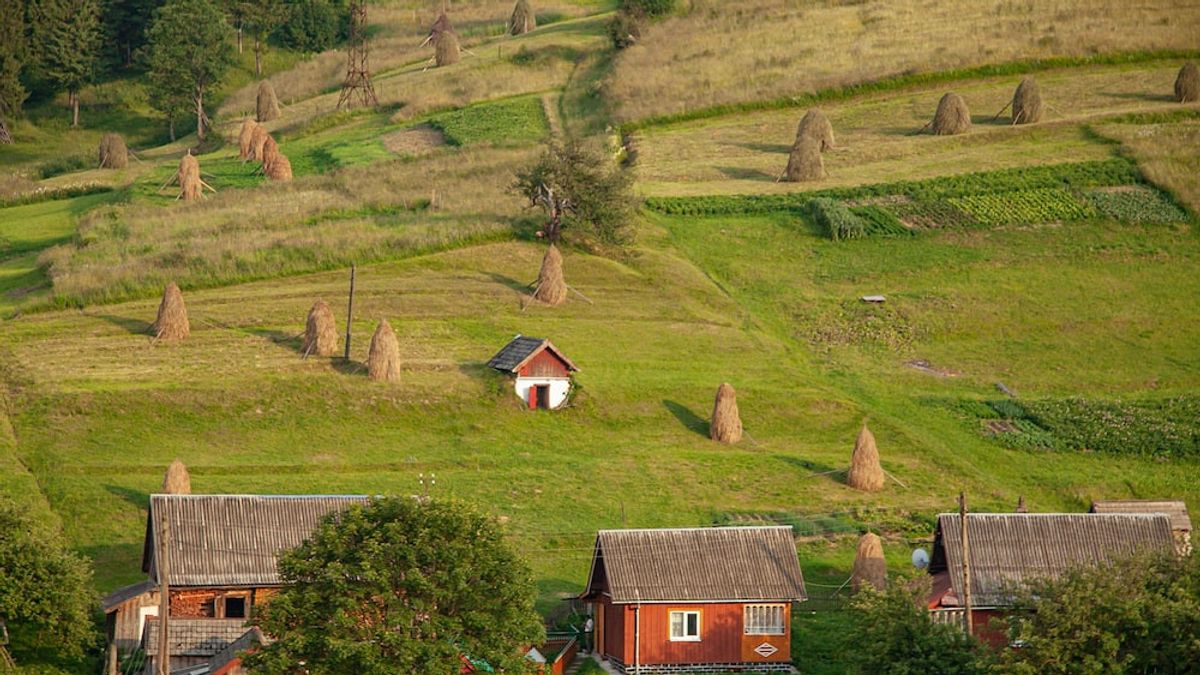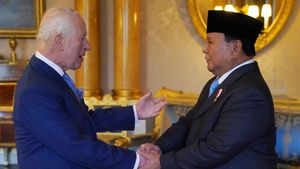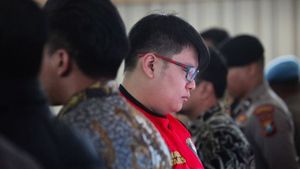YOGYAKARTA In general, traditional economic systems are an economic system that has been traditional and adhered to by the community for a long time. As the name suggests, this system is based on public knowledge of the knowledge passed down from generation to generation. To get to know more about what the traditional economic system is, see the following article.
In a book entitled The Traditional Economic System of Central Java Region published by the Department of Education · and KebudayAan (1986), traditional economics are habits and institutions related to human efforts in meeting their basic needs.
In traditional economic systems, the pattern of production, distribution patterns, and consumption patterns stem from the knowledge of the people that they have adhered to from time to time. Usually this system has existed and has been adopted by the community for centuries.
Thus it can also be concluded that the traditional economic system is an economic system sourced from knowledge of customs, history, and community trust for generations. Usually adherents of traditional economic systems are applied by areas whose economies depend on the agricultural sector.
Traditional economic systems are usually found in agrarian communities or people who live in remote areas. This condition makes them not implement modern technology. There are several characteristics of the traditional economic system, namely as follows.
The purpose of society that is driving the traditional economy is just to meet the basic needs of themselves, their families, or communities alone.
The knowledge applied in this economic system is passed down generation to generation, including knowledge of production techniques.
In traditional economic systems there are also elements of production and distribution. However, the role of both is determined by tradition alone and usually the role is passed down from generation to generation. For example in agrarian communities, families or certain groups play a role in harvesting, while other families are tasked with nursery.
In this system, transactions tend to use a barter system in the form of goods or services, so they do not use a currency system.
In traditional economic systems, social, cultural, and religious values have a big role. In addition, production and consumption are also related to traditional ceremonies, religious rituals, or values adopted by the community or community.
The relationship between the perpetrators involved in this economic system is so close that it prioritizes family relations.
Due to the limited division of roles based on tradition and resources, economic inequality is often not so large in this system compared to other economic systems.
Although considered traditional, this economic system has certain advantages, namely as follows.
The traditional economic system has several shortcomings that need to be known, namely as follows.
That's information related to the traditional economic system. Visit VOI.ID to get other interesting information.
The English, Chinese, Japanese, Arabic, and French versions are automatically generated by the AI. So there may still be inaccuracies in translating, please always see Indonesian as our main language. (system supported by DigitalSiber.id)










